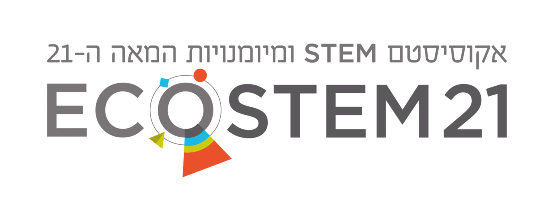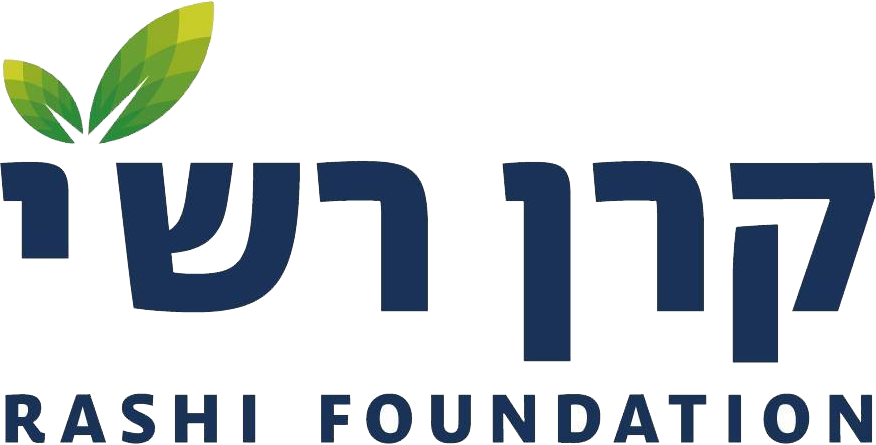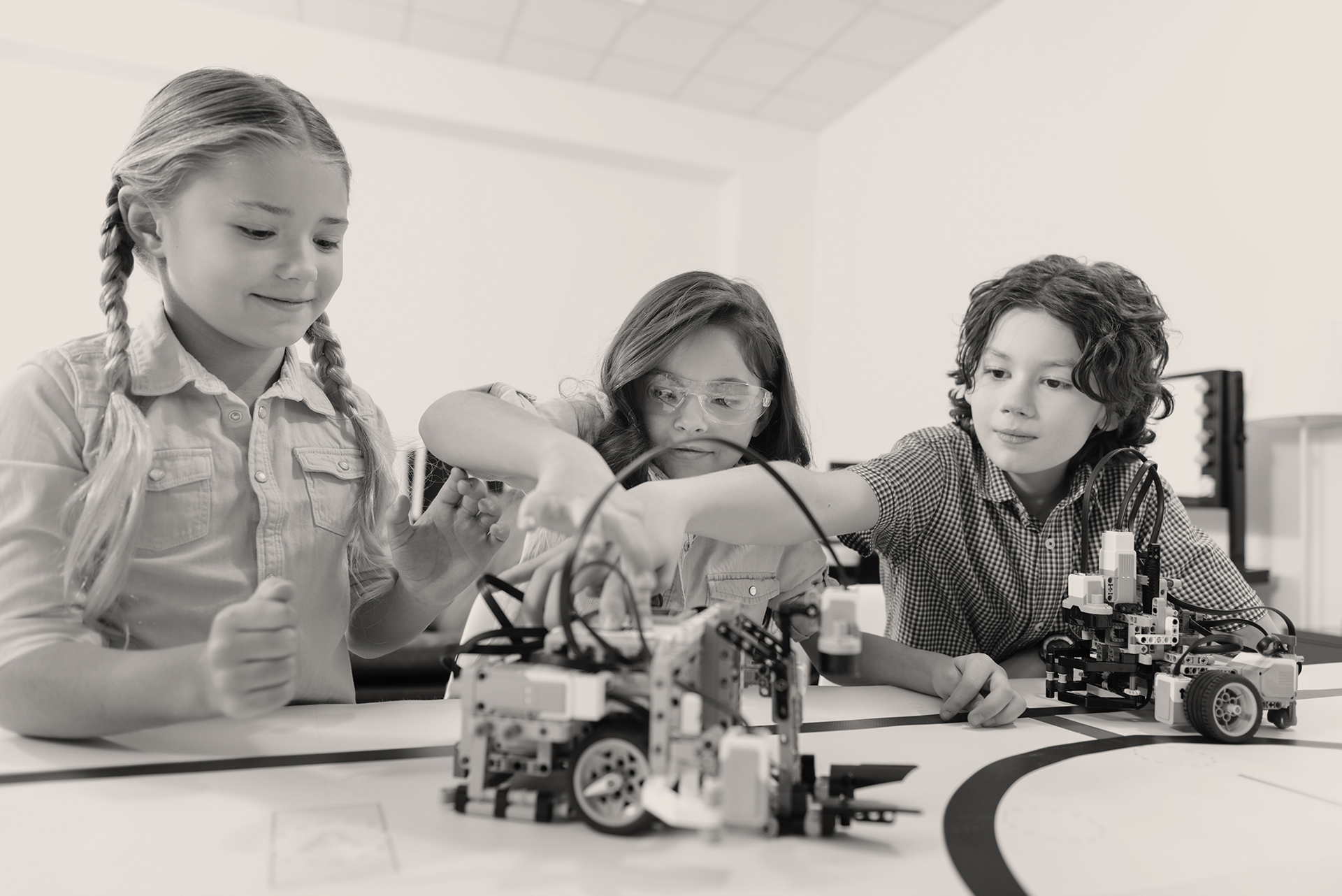A network linking all the relevant parties in and around the city in a collective effort to advance STEM education and development of 21st century skills.

STEM Ecosystem

In order to thrive in the changing world of work, today’s children will need a different set of skills than in the past. These ’21st century skills’ include science and technology literacy as well as work habits and qualities such as collaboration and teamwork, creativity and initiative, adaptability and so on.
The STEM Ecosystem model is part of Rashi’s City at the Center initiative, which strengthens the capacity of the local authorities to maximize social mobility opportunities for their residents. One of the key drivers of social mobility is an environment that supports STEM education and development of 21st century skills – the younger generation’s tools for tomorrow.
Developed in partnership with the Samueli Foundation, this model builds a network linking all the relevant parties in and around the city: the education system, various municipal departments, government ministries, civil society organizations, the business community and residents. This network provides the basis for effective investment from kindergarten to higher education and employment, in coordination and cooperation among ecosystem members.
The development process, from defining the ecosystem’s mission to ensuring its sustainability, is led by an ecosystem director who is responsible for connecting its members into a community and building a foundation for the collective effort.

Partners
Government | Local authorities | Philanthropy | Business sector
Related Programs
Introducing kindergarten children to a STEM-enriched environment develops their scientific and technological literacy along with an appetite for learning more.
Sparking children’s interest in science and technology through experiential learning activities, with youth acting as counselors and enriching their own skills and knowledge.
Helping local authorities to develop a sustainable capacity for self-management and take the lead in maximizing cradle-to-career opportunities for residents.






